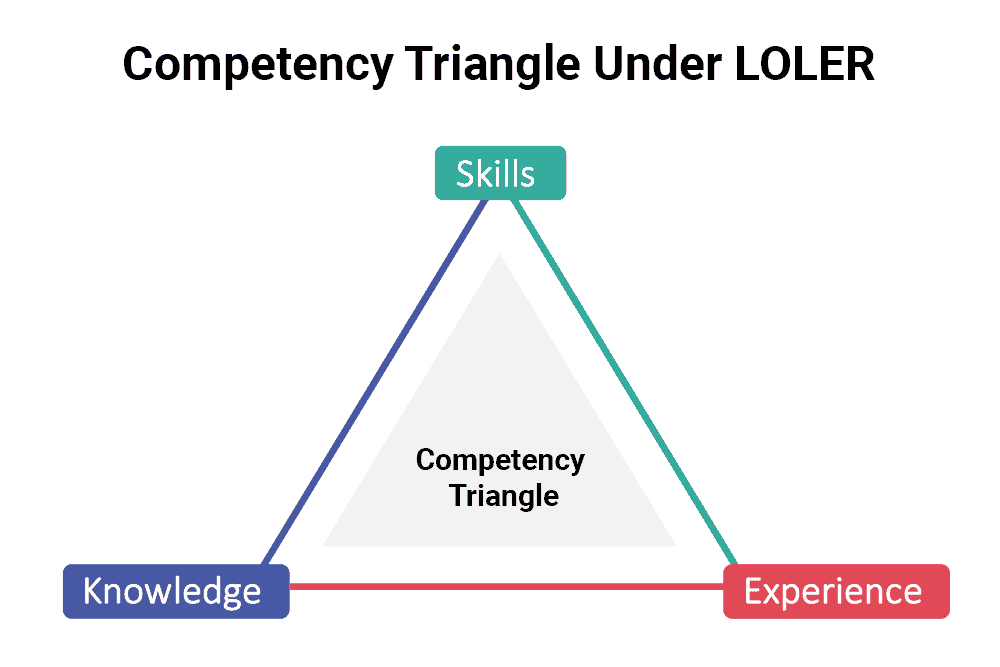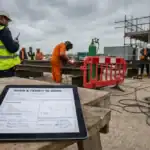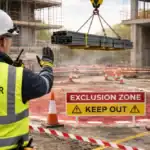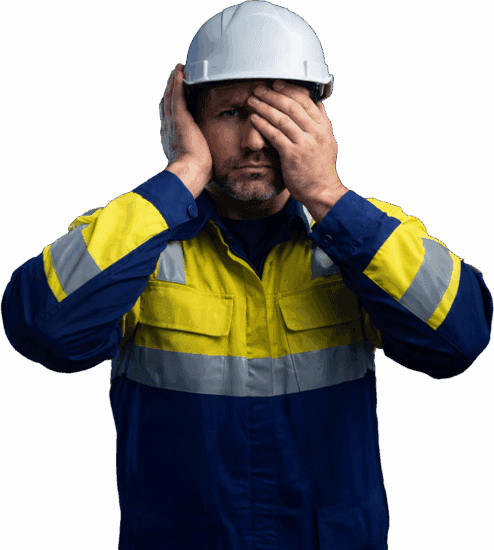
Any type of lifting operation can be hazardous if not performed in accordance with guidelines as stipulated by the Lifting Operations and Lifting Equipment Regulations 1988 (LOLER). To ensure that all lifting operations conducted in the workplace are safe, LOLER requires that any lifting operation be planned and overseen by an appointed person.
In this article, we look into the appointed person for lifting operations definition, explain what this individual does and outline some other common roles involved in lifting operations.
The Lifting Operations and Lifting Equipment Regulations 1988
The LOLER 1998 regulations apply to any workplace that operates lifting equipment or conducts lifts as part of its operations. The aim of LOLER is to make sure that all lifting operations in the workplace are conducted in a safe manner.
The regulations work in conjunction with the 1994 Manual Handling Regulations, the Health and Safety at Work Act 1974 and the Provision and Use of Work Equipment Regulations 1998. But, as mentioned, these regulations are specific to lifting.
Some important areas covered by LOLER include equipment for lifting persons, positioning and installation and marking of lifting equipment. It also outlines specific roles required during a lift and explains how lifts must be planned. Read more about LOLER in our previous blog.
LOLER Training
Our LOLER Training courses help reduce the risk of accidents during lifting operations in the workplace. These courses cover the Lifting Operation and Lifting Equipment Regulations in detail, giving you the knowledge to ensure compliance.
What is an Appointed Person for Lifting Operations?
One requirement under LOLER is that all lifting operations, conducted for work purposes, have an appointed person. The appointed person lifting operations is responsible for the execution and safety of the lifting operation. This person can delegate tasks, but the sole responsibility of the safety of the lifting operation remains theirs.
You may also see this person referred to as the ‘competent person’. The BS 7121 Code of Practice for Safe Use of Cranes explains that the terms competent person and appointed person for lifting operations are interchangeable. However, the term ‘appointed person’ is widely recognised by sectors such as the construction industry.
Competency Requirement
Anyone filling the role of the appointed person, or competent person, must obviously be competent. What does this mean? There is no set certification or approval body that can deem you competent.
But the HSE provides guidance on what is meant by competency, stating that: “Competence can be described as the combination of training, skills, experience and knowledge that a person has and their ability to apply them to perform a task safely.”

This concept is encapsulated in the so-called competency triangle, which involves a person having relevant knowledge, skills and experience. The HSE goes on to say that competency is a person’s ability to apply these elements appropriately while recognising the limits of their competence. A competent person must undertake the necessary training to help acquire and maintain satisfactory competency levels.
Responsibilities of an Appointed Person
Those who fill the role of an appointed person lifting operations must take responsibility for the safety of the lifting operation. The duties associated with the role include:
- Planning the lifting operation
- Approving all risk assessments
- Providing instructions to other employees, where necessary
- Supervising all aspects of the lifting operation, where possible
- Consulting with relevant authorities
- Ensuring that the work is carried out as safely as possible
Other Roles Involved in Lifting Operations
When conducting a lift, it’s important to have clearly defined roles. Understanding them, and ensuring they are assigned to competent persons, where required, will help you to meet your legal obligations.
The roles required during a lift include the Lift Planner, this may be the same as the appointed person. This individual is responsible for planning the lift. All lifts must be properly planned and supervised by a competent person.
Other roles commonly involved in complex lifting operations include:
- The Operator – This is the person who operates the lifting equipment
- The Load Handler – This is the person responsible for attaching or detaching the loads to the lifting equipment
- The Slinger Signaller – This person signals to the operator information about the lift as it occurs. They act as the eyes and ears of the operator who may not be able to see everything that is happening
For less complex lifts, these jobs may be combined. For instance, the operator may also be the person who plans the lift. However, complex lifts, such as crane operation at a construction site, will require all of these roles to be filled by different people.
How to Become an Appointed Person for Lifting Operations
As mentioned, there is no formal qualification required for the appointed person lifting operation’s position. However, it is advised that adequate training be undertaken and that this individual has relevant experience. A person’s competency is often judged on experience and qualifications.
How to Gain Competency in Lifting Operations
Any lifting operation that is performed in the workplace should be planned and supervised by someone who is fit to hold the appointed person lifting operations role. This is a requirement stipulated in the LOLER regulations.
As we stated earlier, in order to become an appointed person for lifting operations you must have experience and to have undertaken the relevant training. If you or an employee would like to become competent in lifting operations, then it is worth considering the Lifting Operations Courses offered by Human Focus.
These courses are designed to provide participants with a good understanding of their legal obligations under LOLER and give them the knowledge to perform risk assessments, inspect lifting equipment and plan and oversee lifting operations.
The Human Focus Lifting Operations Courses can be taken completely online in bite-sized segments to fit around work schedules. These courses are approved by respected industry authorities such as the International Institute of Risk & Safety Management (IIRSM). Upon successful completion of the course, a participant will be awarded a certificate that can be downloaded immediately.
The Human Focus Lifting Operations courses are an ideal way for both employees and managers to gain knowledge in all aspects of organising and conducting lifting operations in full compliance with LOLER regulations.





















